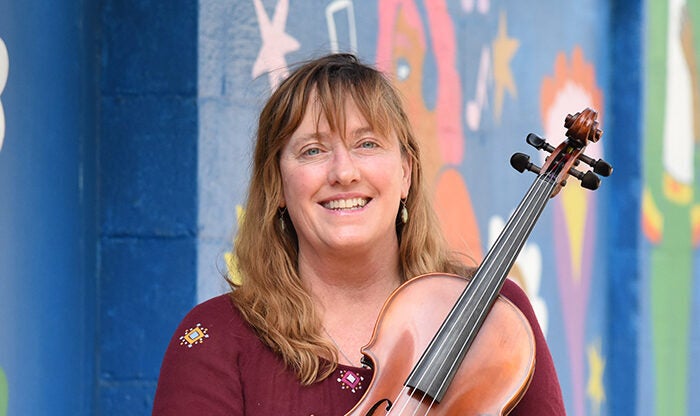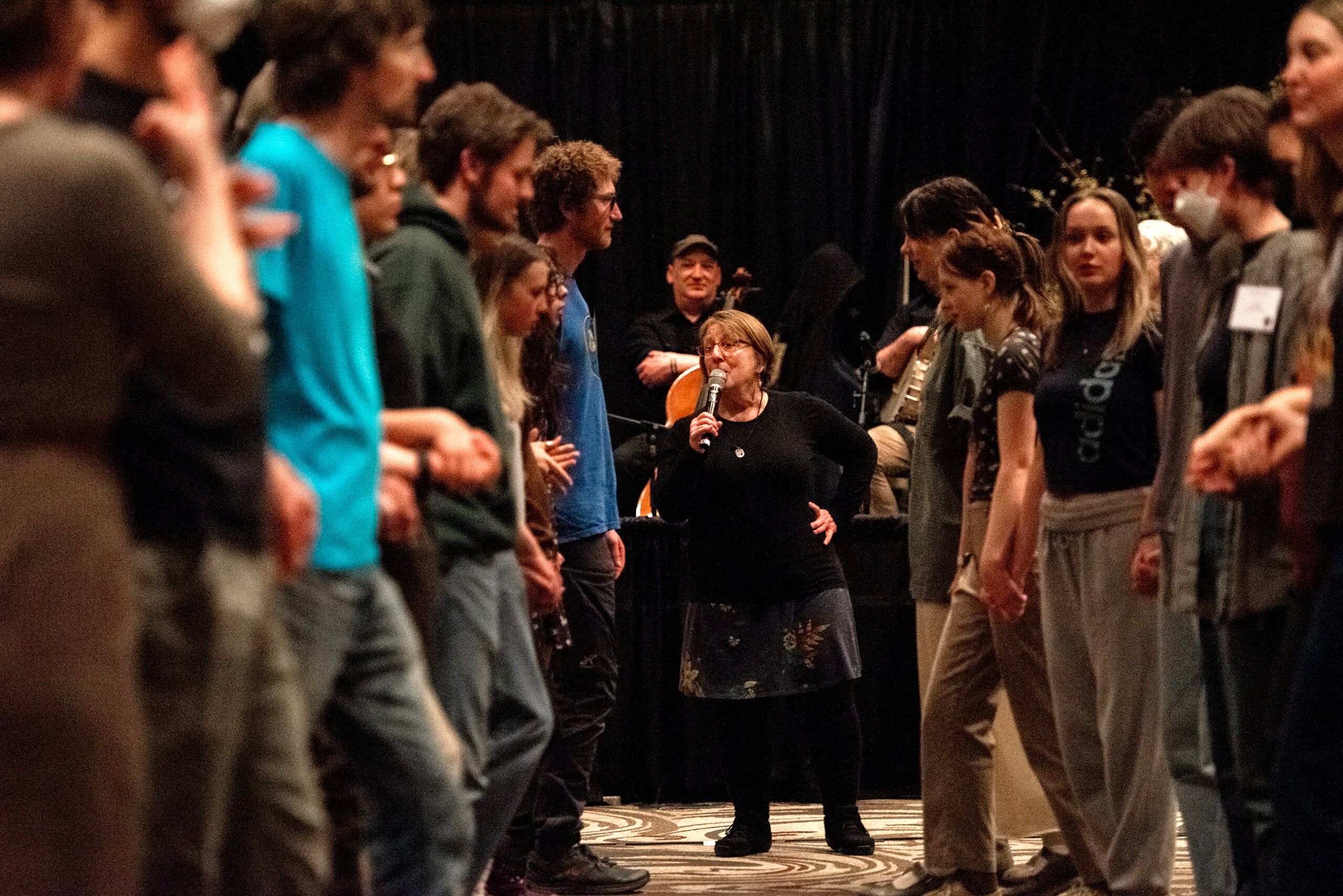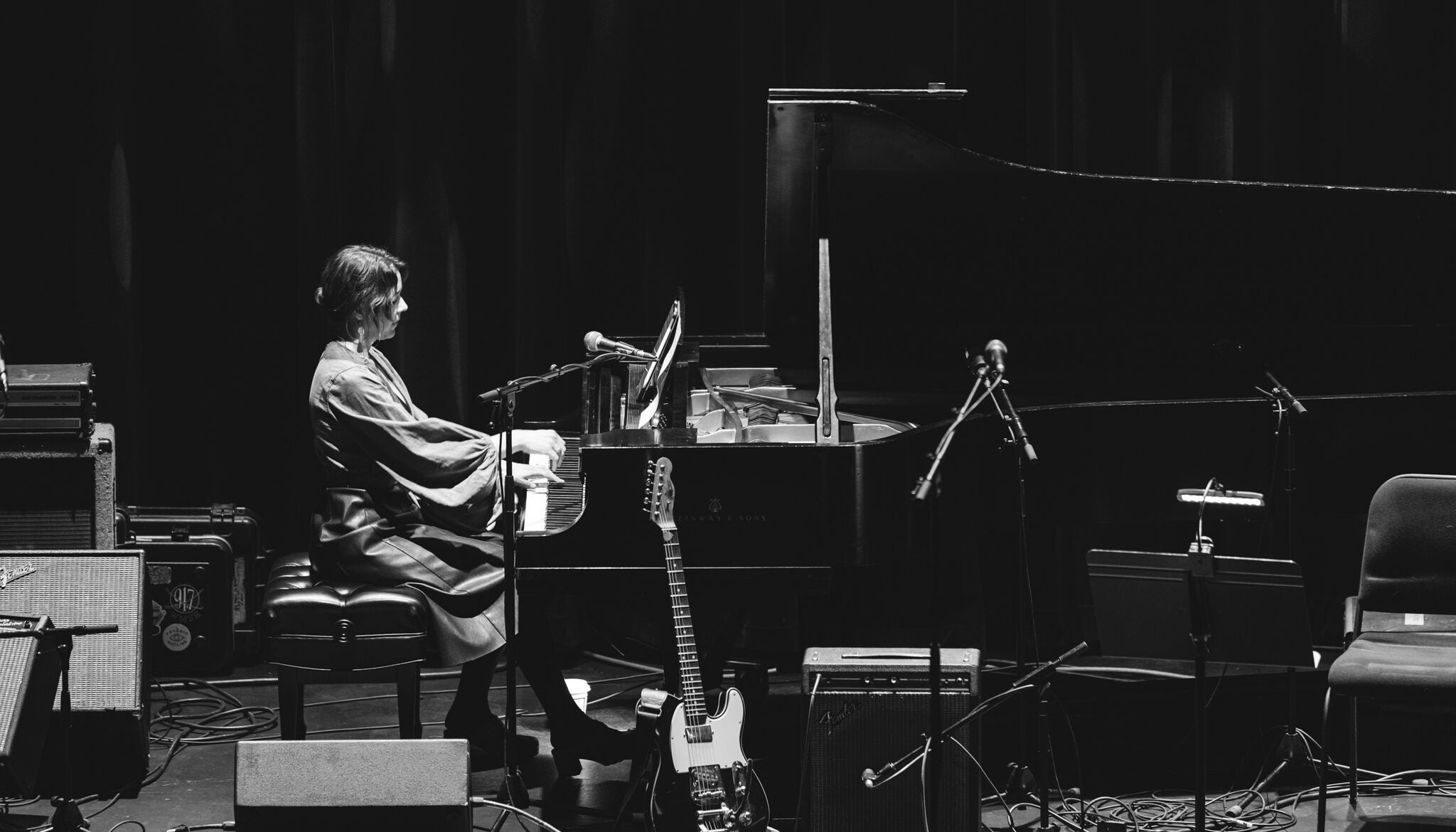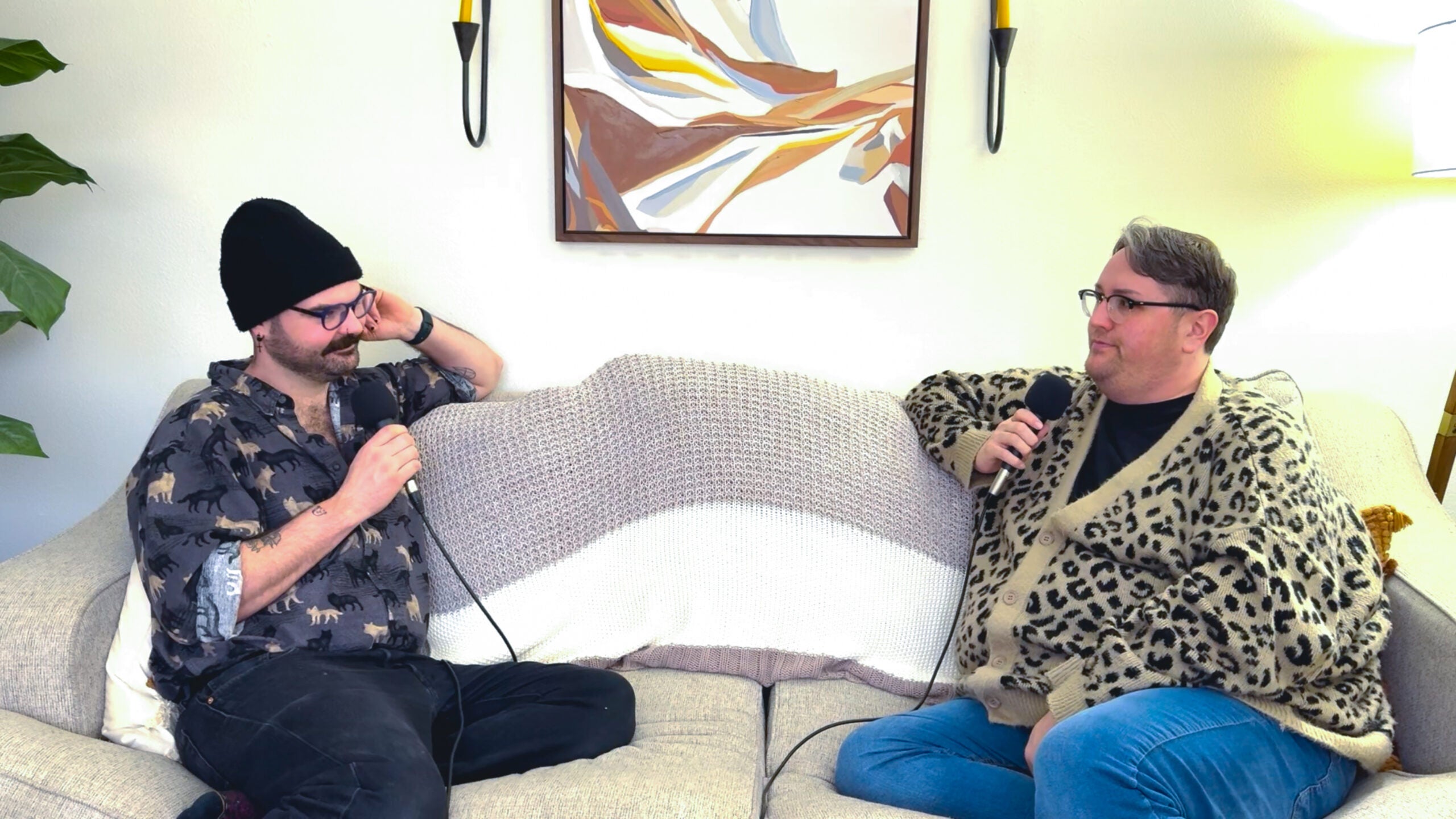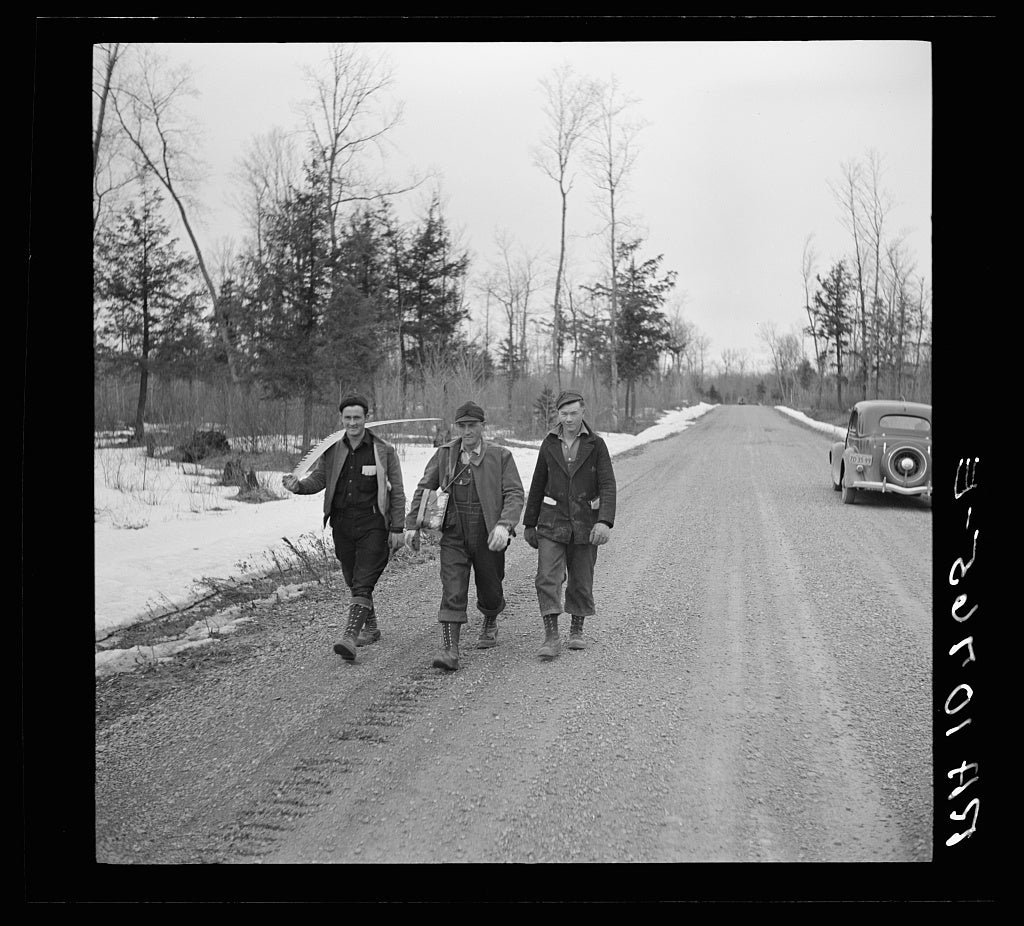Today is the fifth annual Public Radio Music Day — a day to celebrate how public radio brings communities in Wisconsin and around the country together through music.
A bipartisan congressional resolution last month recognized Oct. 23 as the holiday. This year’s theme is “Bringing People Together: From Coast to Coast.” In particular, it focuses on the role of public media in bringing music to rural communities.
Sile Shigley, host of WPR’s “Simply Folk,” said it’s the responsibility of WPR’s music service to elevate folk musicians in rural parts of the state.
Stay informed on the latest news
Sign up for WPR’s email newsletter.
“Radio really helps, because no matter where you are, hopefully you can pull in that signal,” Shigley told WPR’s “Wisconsin Today.” “We are developing more and more performing spaces. It used to be that you signed a record label and you’d go play in big concert halls. Now, you can go to coffee shops. You can go to farm fields that have been set aside for concerts. There are a lot of places to hear music. It is definitely not limited to the cities.”
Shigley spoke with “Wisconsin Today” to talk about her show’s expansion to four hours on Sundays and to share some of her favorite folk songs lately.

The following was edited for clarity and brevity.
Kate Archer Kent: Last month, “Simply Folk” expanded to four hours on Sunday evenings following the end of “Tent Radio Show.” What has this extra hour on Sundays allowed you to do in the programming of the show?
Sile Shigley: Folk is such a huge tent. Even in three hours, we weren’t able to really cover all the things we would sometimes like to cover. So it allows us to just play more music, first and foremost. But we can also do a few more special things, like play some interviews with artists that we’ve done over the years. We’ve live-recorded concerts. WPR engineers have live-recorded many famous people across the decades.
KAK: In September, you hosted the first ever four-hour listener request show for “Simply Folk.” What do you learn from listeners as you assemble these shows?
SS: I always learn something. You think after this many years of doing it, that you can’t be surprised. And of course, fortunately, that’s not the case. I’m always surprised. I’m always surprised how much I love it and how, even though we get a lot of requests for some old favorites that are recurring, we get lots of new stuff. We’re hearing from a wider age group than we used to. We’re hearing some young requests along with some old standards. It has just been a delight.
KAK: You brought us some music to sample! Your first song here is “Sueño Con Serpientes” by Silvio Rodríguez. Tell us about him.
SS: This is just a wonderful example of what happens in the folk world. This is from an album released in 1975. Silvio Rodríguez is from Cuba, he was a prolific performer and writer. I believe he first performed at age 2, and he became very swept up in the revolution, and it inspired him. He wrote a lot of songs about social change, the dangers of power and greed, and he shaped his music very beautifully in that sort of mindscape. When I heard that voice, I was just entranced.
He writes metaphorically. You can imagine your own story. Anybody can put themselves into the song. That song is about living in a dangerous world where power and greed keeps trying to get you and you keep trying to escape and (refuse to) give up in the face of that. But he uses such picturesque language. It’s not really just about his own life or his own country. It really can apply to anybody listening.
KAK: You have another release here from “Simply Folk” with artist Eric Bibb titled “Bring Me Little Water, Sylvie.” What makes this track special?
SS: It’s often said to be a traditional song, but it is attributed to Lead Belly. His uncle had a wife named Sylvie, and when his uncle was out plowing, he would holler, “Bring me little water, Sylvie.” The holler became so popular in the neighborhood that the song was composed around it.
This was released just this year in 2024. Eric was performing in Stockholm. When I heard it, it was just such a happy moment. We need those happy songs. Especially in four hours, you’ve got to make sure to include both happy songs and sad songs.
KAK: The final track you brought today is a cover of the old ballad “Lord Douglas” by Musicians Jim Moray and Angeline Morrison. What stands out to you in this interpretation of this timeless ballad?
SS: Well, the voice. He’s joined later in the song by Angeline Morrison, who is also a prolific recording artist. Her mother is from Jamaica and her father from the Outer Hebrides. Together with Jim, they sing this beautiful ballad. It has many other names. It’s one of the child ballads. It probably has literally hundreds of versions on all sides of the Atlantic, and it’s a very sad song.
It’s about being betrayed by your own family for who you love. And it commemorates somebody in the past to whom this really happened, and that’s sort of been lost in time. We don’t really know who the original story was about, because there are so many versions with different names.
Wisconsin Public Radio, © Copyright 2025, Board of Regents of the University of Wisconsin System and Wisconsin Educational Communications Board.
